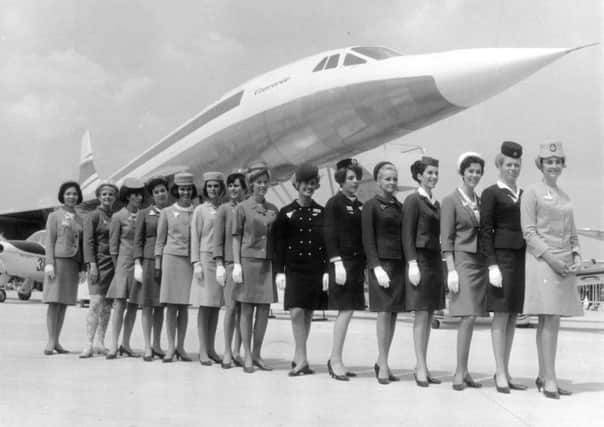Invest more to improve paperless travel


While travellers have long relied on these devices to access social media sites for real-time travel information, we are now seeing mobile phone-displayed itineraries, boarding cards and hotel bookings being increasingly used alongside new apps that do everything from interpreting foreign languages to advising what to pack when visiting a specific destination.
Here in Scotland this technology is being widely used. Edinburgh, Glasgow and Aberdeen airports have all introduced a range of apps, including ones that give travellers live flight updates on demand and let them book long-stay car parking. They can also view the latest airport security guide and even plan their journey to and from the airport.
Advertisement
Hide AdAdvertisement
Hide AdThe growth in this particular use of mobile travel-related technology is being driven by China and other east Asian countries. In 2008, smartphone mobile devices made up only 9 per cent of all mobile phone sales in China, with fewer than 200 million sold every year. By 2012, android and other smartphones accounted for 59 per cent of this market, with 108 per cent growth in that year.
While the increased use of new technology is driving competitiveness within the wider travel sector, there are concerns about an over-reliance on this approach. You need only look at how “computer glitches” at the country’s main air traffic control centre left passengers stranded at some of the UK’s major airports last December.
Meanwhile, an extended network failure such as that experienced by O2 in 2012 could also have a huge impact on travel operations, raising questions for mobile phone manufacturers about the robustness and reliability of their products.
This rise in consumer engagement means that the app designers, mobile phone producers and the wider travel sector must invest greater resources to protect consumers from threats such as identity theft and ensure they can offer an alternative in the event of system failures.
• Andrew Newton is head of corporate travel at Colpitts World Travel
SEE ALSO